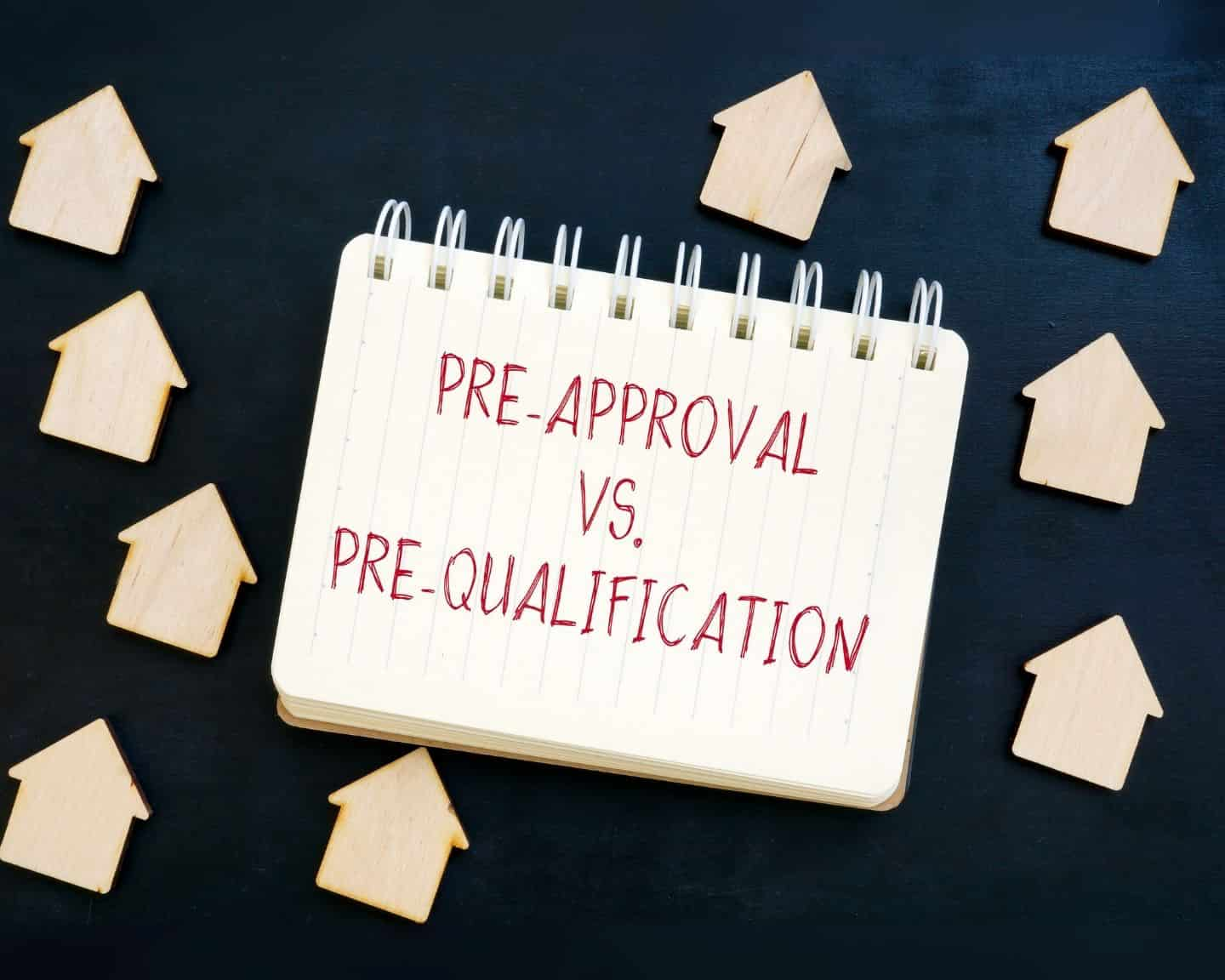|
|
Step 1 - Get Pre-ApprovedChoose your Lender
The very first step in the home buying process in Kentucky is choosing your lender and getting pre-approved. As the buyer, you are free to work with any lender you prefer — it’s always your decision. If you don’t already have someone in mind, your buyer’s agent can recommend several trusted lenders they’ve worked with. This way you can call, compare rates and programs, and decide which lender feels like the best fit for you. While agents can provide referrals, remember that the final choice is always yours — real estate professionals cannot require or control which lender you use. Visit our partner →[Lenders Database] for a list of preferred LendersPre-Approval vs. Pre-QualificationIt’s important to understand the difference between pre-qualification and pre-approval. A pre-qualification is a basic estimate of what you may be able to borrow, often based only on self-reported information. A pre-approval, on the other hand, involves the lender reviewing your credit, income, and financial documents. Pre-approval gives you a verified budget and is far more powerful when it comes time to make an offer. |
Why Pre-Approval MattersGetting pre-approved is the first real step before ever stepping foot into a home. It establishes:
👉 For a deeper look at loan types and credit requirements, visit our ➔[Financing Options] page. |
||||
Step 2 - Connecting with a Buyer's Agent
Many buyers actually connect with their agent before starting the pre-approval process, and that can be a smart move. Having professional guidance from the very beginning means you’ll have help choosing a lender, understanding your budget, and planning your next steps. Still, by this stage in the home buying process in Kentucky, it’s essential to connect with a buyer’s agent before moving any further.
|
 |
Step 3 – House Hunting and Touring HomesOnce you’re pre-approved and connected with your Kentucky buyer’s agent, it’s time for the most exciting part of the process — house hunting. This is where your homeownership goals meet the realities of the market, and your agent helps you sort through options so you don’t waste time or energy on the wrong homes,
|
Why Your Agent's Guidance MattersTouring homes isn’t just about looking — it’s about evaluating. Your buyer’s agent helps you:
|
Remember: Every Buyer Shops DifferentlySome buyers find the right home on their first weekend out; others tour dozens before making an offer. The process can vary based on market conditions, inventory, and personal preferences. Your buyer’s agent will keep you organized, objective, and on track until you find the home that’s truly right for you. |
Step - 4 Submitting an Offer
Negotiating and goingUnder ContractOnce you’ve found the right home, the next step in the home buying process in Kentucky is submitting your offer. This is where the terms of the deal are laid out, and where your buyer’s agent becomes essential in guiding you through negotiations and ensuring your interests are protected. Key Terms in a Real Estate OfferA Real Estate Purchase Sales Contract typically Includes: ➤ Offer Price - What you're willing to pay. ➤ Buyers Agent Commission - Often paid by the seller, though some situations may sift this cost. Buyers Agent Comissions is part of your negotiation. ➤ Closing Costs - Fees due at closing; sometimes negotiated between buyer and seller. ➤ Due Diligence / Inspection Period - Your window to inspect and request repairs or credits. ➤ Earnest Money Deposit - Good faith funds applied to closing. ➤ Appraisal Deadline - When the lender's appraisal must be ordered or completed. ➤ Closing Date - Target date to finalize the sale. ➤Posession - When you receive the keys, often at closing. |
|
Negotiation and AgreementOffers can vary significantly depending on buyer needs, seller priorities, property condition, financing, and timing. The seller may counter with different terms, and often there is a back-and-forth until both sides reach agreement. Your buyer’s agent advocates for you during this process, ensuring you understand each option and helping you make informed decisions. View a Example of a Real Estate Purchase Sales Contract ➔【View Here】 |
Pending vs. ContingentOnce both parties agree, the home goes under contract. At this stage, you may see the listing marked as Contingent or Pending:
|
 |
Step 5 - Inspections and AppraisalAfter your offer is accepted, the next phase of the home buying process in Kentucky is the inspection period and appraisal. Inspections: Optional but Highly RecommendedWhile inspections are technically optional, your buyer’s agent will almost always recommend them. Inspections help uncover potential issues that aren’t visible during a walkthrough and give you peace of mind before moving forward.
|
The due diligence (inspection) period is a time-sensitive part of your contract. During this period, your earnest money deposit is generally protected — meaning if significant issues are found and you choose not to proceed, you can cancel without losing your deposit.It’s important to understand: the seller is not required to make repairs. Instead, you and your agent may request repairs, a price reduction, or a closing cost credit. If the findings are unacceptable and no agreement can be reached, you may choose to walk away within the inspection period. |
Appraisal: Required by Most Lenders
|
What If the Appraisal Comes in Low?
|
When Earnest Money Goes “Hard”Once the inspection period ends and the appraisal is completed successfully, your earnest money deposit typically becomes “hard.” This means it is no longer refundable except under very limited conditions. If you fail to close past that point, the seller may keep the deposit as liquidated damages. |
Step 6 – Underwriting and Title Work
|
|
What is Title Work?
|
Why This Step Matters
|
 |
Step 7 – Closing DayThe final step in the home buying process in Kentucky is closing day — the moment when all of your planning, paperwork, and preparation pays off and you officially become the owner of your new home. This stage brings together everything you’ve completed along the way: your pre-approval and lender selection, the home search and offer negotiations, inspections and appraisal, and the underwriting and title review process. Closing is often described as the finish line, but in reality it’s also the beginning of your next chapter as a homeowner. At this point, funds are transferred, legal documents are signed, and ownership is recorded with the county, ensuring your new property is officially yours. While it can feel overwhelming to reach this milestone, your buyer’s agent and the closing team will guide you through every step — from reviewing your Closing Disclosure to handing you the keys. In Kentucky real estate, closing day represents not just the completion of a transaction but the successful coordination of dozens of moving parts, all balanced to protect your interests and make sure the process ends smoothly. |
What Does “Clear to Close” Mean?
|
Final Walkthrough
|
What Happens at Closing
|
|
|
 |
Frequently Asked Questions About Buying a Home in Kentucky
What is the first step in the home buying process in Kentucky?
The first step is getting pre-approved by a lender. Pre-approval shows how much you can afford, helps you understand your monthly payment, and makes your offers stronger when you find a home.






